Upcycling: A Creative Perspective on Waste
08 Ağustos 2025In a world of rapidly expanding industrial production, the volume of waste has surged in parallel. Traditional waste management systems fail to keep pace, making sustainable solutions increasingly vital. This is where a paradigm-shifting approach emerges — one that not only fosters environmental benefits but sparks economic transformation: upcycling.
Upcycling is an approach in industry that aims to transform waste into high-value products that re-enter the production cycle, rather than simply disposing of them. In this article, we explore the industrial applications of upcycling, its sectoral impact, and leading innovations in Turkey.
Why Does Upcycling Matter in Industry?
Industrial facilities generate large quantities of recoverable materials — both during production and from scrap. Unfortunately, lacking proper infrastructure or awareness, much of this material still ends up in landfills or is incinerated.
Upcycling not only recovers waste but converts it into functional, higher-quality, and sometimes purposefully different products. This approach:
- Reduces raw material consumption.
- Saves energy.
- Lowers carbon emissions.
- Supports zero-waste objectives.
Upcycling has become a strategic tool for industrial firms seeking to boost competitive advantage while pursuing environmental goals.
Industrial Applications of Upcycling
- Construction & Building Materials
- Concrete debris can be crushed to serve as fill or base materials.
- Glass waste can be turned into sound insulation panels.
- Plastic waste can be transformed into composite construction materials.
These practices reduce the need for virgin materials and cut costs.
- Automotive Industry
- Tire scraps can be repurposed for flooring or acoustic panels.
- Metal scrap can be reprocessed into design modules or parts.
- Seat textiles from old vehicles can be reworked into interiors.
With such approaches, auto companies enhance sustainability, reduce waste, and innovate operations.
- Energy & Waste Management
Organic waste conversion into biogas or compost pairs naturally with upcycling. At Biotrend Enerji, we integrate upcycling technologies to convert waste into both energy and reusable materials.
Biotrend Enerji’s Vision for Upcycling
Following the 2022 Global Plastics Pollution Agreement, which targets full lifecycle control of plastics, we partnered with Honeywell UOP to launch Turkey’s first commercial-scale plastic upcycling facility:
- Processes 60,000 tons of plastic waste annually.
- Produces 55,000 tons of pyrolysis oil.
- Aims to be operational in İzmir by 2027.
This initiative turns non-recyclable plastics into economically valuable industrial feedstock — a pioneering step in our transition to a circular economy.
What Does Upcycling Deliver?
At industrial scale, upcycling provides:
- Material efficiency.
- Support for zero-waste goals.
- Reduction in industrial carbon emissions.
- Cost savings and new revenue streams.
- Encouragement of innovative design and production.
By investing in upcycling, businesses are shaping the future of production.
Turning Waste into Future Value
Upcycling is no longer optional — it’s essential to the industrial transformation of tomorrow. By reimagining waste as high-value input, we protect the environment and drive economic innovation.
At Biotrend Enerji, sustainability isn’t just an objective—it’s our core production philosophy. Through industrial upcycling, we turn waste into growth and lead the circular economy shift in Turkey.





